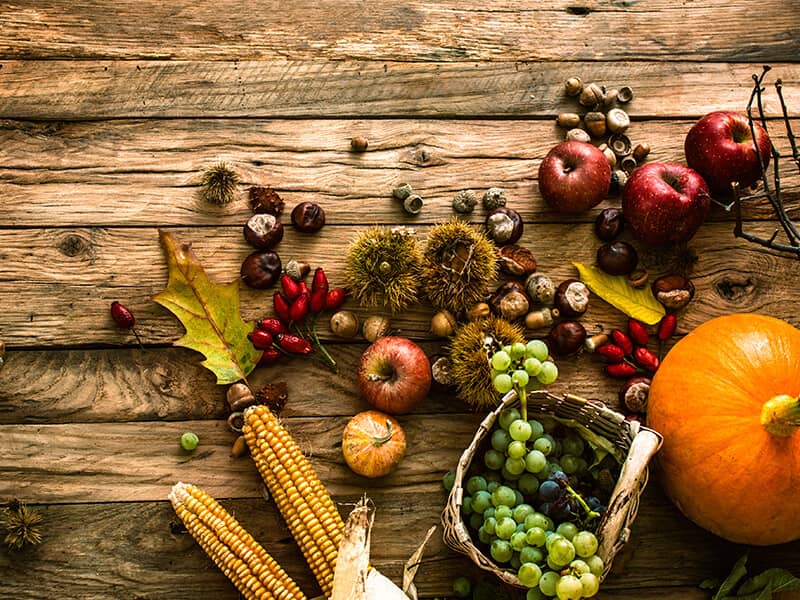While potato latkes are forever linked with Hanukkah, along with dreidels and menorahs, the potato part of potato latkes is actually a fairly recent invention in the history of Judaism.
Who knew?
Originally made with cheese, latkes are now made with an assortment of vegetables. What's important is frying them in oil, symbolizing the miracle of the oil that lasted for eight days when Jews recaptured the Holy Temple in Jerusalem in 165 B.C.
While Hanukkah may be a minor holiday, its emphasis on fried foods makes it one of the most popular, say Jewish culinary experts.
"Any holiday that prescribes serving fried foods is guaranteed for success," said Matthew Goodman, former food columnist for the Jewish newspaper The Forward and author of "Jewish Food: The World at Table," which has recipes and essays about Jewish food, history and culture from India to Mexico.
The predominant potato latke is an Ashkenazi, or Eastern European, tradition that began with the farming of potatoes in the mid-19th century, Goodman said. Before that, Jews made latkes from buckwheat, and long before that, cheese.
As recounted in the apocryphal Book of Judith, the fetching young widow Judith fed Assyrian general Holofernes salty cheese so that he would drink wine to quench his thirst. Taking advantage of his stupor, she cut off his head, allowing the Jews to defeat the leaderless Assyrians.
Cheese latkes fell out of favor when Jews moved to Eastern Europe, where frying them in animal fat was more common but violated kosher dietary laws against mixing meat with dairy products -- hence the switch to buckwheat and eventually potatoes.
"Hanukkah is a celebration of oil," Goodman said, "it's not a celebration of potatoes."
Whether made with potatoes, beets, eggplant or corn -- depending on the local crops used by the Jewish diaspora -- latkes are universally loved.
"A delicious latke, there is nothing like it," said Levana Kirschenbaum, author of the new "Levana Cooks Dairy Free!: Natural and Delicious Recipes for Your Favorite Forbidden Foods," and owner of Levana Restaurant in New York.
Still, there are fried alternatives to latkes. Israelis make soufganiyot, or fried jelly doughnuts; Greek Jews make fritters called loukamades; and Sephardic Jews, originally from Spain and Portugal, make sweet or savory fritters called binuelos.
This December, Kirschenbaum is holding a cooking class in New York designed to help people conquer their fear of frying, featuring a "meat cigar" made from dough and meat, and pastilla, a fried mixture of chicken, pigeon and herbs. Both are recipes from her native Morocco.
Regardless of what's on the menu, one thing is clear: Food is profoundly yoked to the Jewish faith and heritage.
"Food is a very durable purveyor of tradition," Goodman said. "People continue to cook the foods of their ancestors long after they stopped wearing the dress or the clothing of their ancestors or speaking the language of their ancestors."
As a "proud secular Jew," Goodman says food connects him to a sense of Jewishness.
"Food is very powerful for me in a way that certain prayers might not be," he said.
For Kirschenbaum, who is Orthodox, food is not just about keeping the faith, it is the faith.
"It is the thread that keeps everybody throughout the ages but also throughout the world. It is not only in time that we want to keep the link, but through space," she said. "Nobody forgets what they eat. This is the miraculous thing about food. It goes down very fast ... but you don't forget it."
David Kraemer, a professor at New York's Jewish Theological Seminary, is the author of "Jewish Eating and Identity Through the Ages," published in June. An avid cook, he wrote the book because he could not find a comprehensive history of Jewish eating practices. It takes a historical approach, starting with the biblical eating laws and ending with the present -- from Leviticus to latkes, you might say.
Kraemer said Hanukkah foods are expressions of local customs, and are not as religiously important as eating matzoh (the unleavened bread that's a staple during Passover), which is a mitzvah, or commandment. Still, Hanukkah eating habits are not to be trifled with.
"People are very attached to these practices. And even if they might simply be local custom and Jews from other areas don't have the same custom, people care about them deeply, so on that level they're very important," he said.
"What they learned in their mother's kitchen matters more than anything else."
2024-05-07
2024-05-07
Beliefnet Editor
more from beliefnet and our partners

